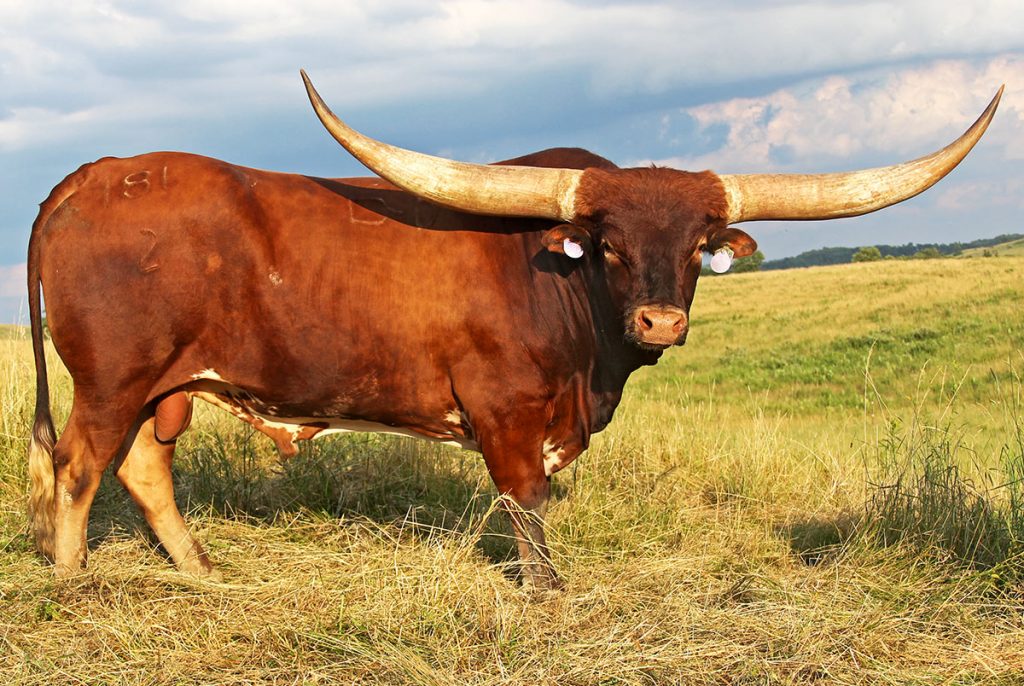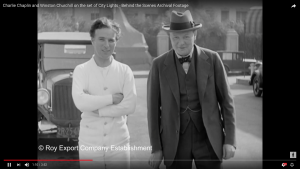
Bulletin #115 – Jan 2018
No Bull

January 14, 2018
A new book by Paul Shapiro called Clean Meat shows that a prediction made eight decades ago by Winston Churchill about the future of food production is now coming true. In his 1931 essay “Fifty Years Hence,” Churchill ventured the possibility of synthetic meat. While his timing may have been slightly off, the substance of his prophecy is no longer fantasy.
As reported by the Wall Street Journal, Shapiro describes the process already taking place in laboratories: “A bit of muscle tissue placed in some tank akin to a fermenter, a medium supplying nutrient to keep the cells replicating, electrical currents to warm and stimulate them, and, potentially, we’re looking at real meats, indistinguishable from the accustomed fare of the fussiest gourmands.”
If that sounds familiar, then probably you have read Churchill’s essay, which was first published in periodicals in 1931 and then included in his collection Thoughts and Adventures. Churchill described it this way: “Microbes which at present convert the nitrogen of the air into proteins by which animals live, will be fostered and made to work under controlled conditions just as yeast is now.”
Churchill then expanded on the potential uses: “We shall escape the absurdity of growing a whole chicken in order to eat the breast or wing, by growing these parts separately under a suitable medium. Synthetic food will, of course, also be used in the future. Nor need the pleasures of the table be banished….The new foods will from the outset be practically indistinguishable from the natural products, and any changes will be so gradual as to escape observation.”

2024 International Churchill Conference
Writing for the Journal, reviewer Matthew Scully states: “A brisk and engaging case, Clean Meat advocates without overselling, anticipating our uneasiness with a process that many will at first glance reject as ‘unnatural.’ An odd objection given that all but a slight percentage of meats now come from factory farms, and those places aren’t exactly a picture of nature’s wonderland.”
Foreseeing the outcome of the process, Churchill wrote in 1931: “Parks and gardens will cover our pastures and ploughed fields.” Scully echoes this when he writes: “We could begin to appreciate pigs, cows, chickens, and others as creatures instead of just commodities, leaving behind practices that nobody will miss, with changes worth making even if one cared only about the economic benefits.”
Churchill’s essay was the product of a paper prepared for him by his friend Professor Frederick Lindemann. In the same article, Churchill speculated about the potential of nuclear power. While these ideas may not have been original to him, he appreciated the value of change as beneficial to the world. The Journal reports that commercially-viable synthetic meats should reach the market in the next few years.
Subscribe
WANT MORE?
Get the Churchill Bulletin delivered to your inbox once a month.




